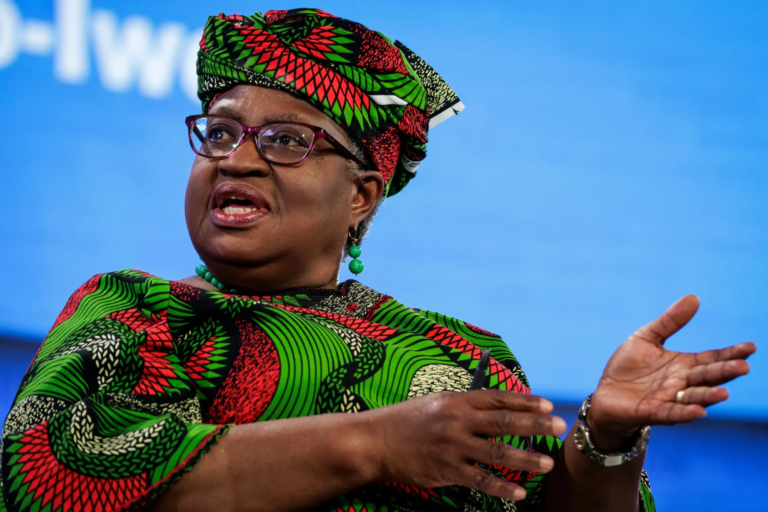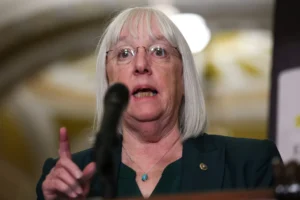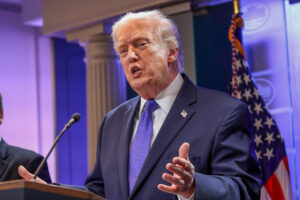The Director-General of the World Trade Organisation (WTO), Ngozi Okonjo-Iweala, has emphasized the need to expand access to supply chain finance as a key driver of small business growth and economic development. Speaking at a roundtable with leaders of multilateral development banks during the World Bank Group and International Monetary Fund annual meetings in Washington DC, Okonjo-Iweala highlighted the role supply chain finance plays in integrating small businesses, especially from developing countries, into global trade.
She praised ongoing collaborations between the WTO and the International Finance Corporation (IFC), particularly efforts to advance green trade finance principles, digitize trade finance processes, and strengthen correspondent banking services. These initiatives aim to make trade finance more accessible and sustainable.
Okonjo-Iweala noted the significant role of multilateral development banks in expanding trade finance, which grew from $30 billion annually before the COVID-19 pandemic to nearly $50 billion in the last year. This surge in financial support was crucial in maintaining the supply of essential goods, including food and medicine, throughout the pandemic. Global supply chain finance, one of the fastest-growing trade finance sectors, is now valued at approximately $2.3 trillion.
Despite these advancements, Okonjo-Iweala highlighted the persistent challenges small businesses in developing countries face, such as weak legal frameworks, inadequate technology infrastructure, and high costs that limit their access to trade finance. She pointed out that a 10% increase in the use of international factoring the primary form of supply chain finance for small businesses could increase global trade by 1%, according to WTO research.
The WTO chief also outlined ongoing collaborations with financial institutions to diversify financing products available to small businesses. She emphasized that expanding access to supply chain finance would foster more inclusive and competitive trade, resulting in improved economic growth, development, and poverty reduction.



























